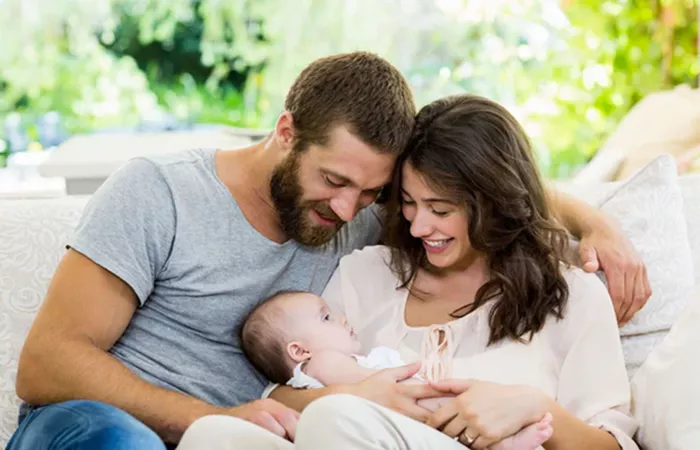Starting next fiscal year, new parents in New York City will receive $1,800 in direct financial assistance through a new initiative called the Birth Allowance for Beginning Year (BABY) Benefit, part of the city’s fiscal year 2026 budget.
The new program aims to ease the financial burden on families during the critical postpartum period, when expenses like diapers, cribs, formula, and lost wages quickly add up. The BABY Benefit is notable for its simplicity—no receipts, no red tape, and no restrictions on how the money can be used.
Who Qualifies?
To receive the one-time $1,800 stipend, families must:
- Reside in New York State;
- Be enrolled in government assistance programs;
- Welcome a newborn during the 2025–2026 fiscal year.
Why It Matters
The high cost of child care in New York often rivals a monthly mortgage payment, leaving many families struggling to cover both baby-related expenses and basic living costs. The BABY Benefit is designed to offer immediate relief and flexibility, helping parents make decisions that best support their family’s needs—whether it’s rent, utilities, or postpartum recovery.
Additional Investments in Child Welfare
The BABY Benefit is part of a broader $2.2 billion investment in early childhood support in New York City’s FY 2026 budget, which also includes:
- $2.2 billion to expand child care access through subsidies for low- and middle-income families;
- $110 million in grants to build or renovate child care centers in underserved neighborhoods;
- A partnership with Baby2Baby to distribute free diapers, postpartum care kits, and hygiene products;
- Expansion of the state child tax credit, offering $1,000 per child under age 4 and $500 for children aged 4–16.
The average child tax credit will nearly double—from $472 to $943—impacting approximately 2.75 million children statewide.
How Families Will Likely Use the Funds
- According to advocates, the $1,800 could help cover:
- Rent or utility payments so parents can take time off for recovery;
- Baby essentials like car seats, carriers, and cribs;
- Postnatal medical care;
- Support services such as night nurses, doulas, or part-time childcare.
Related topics:


